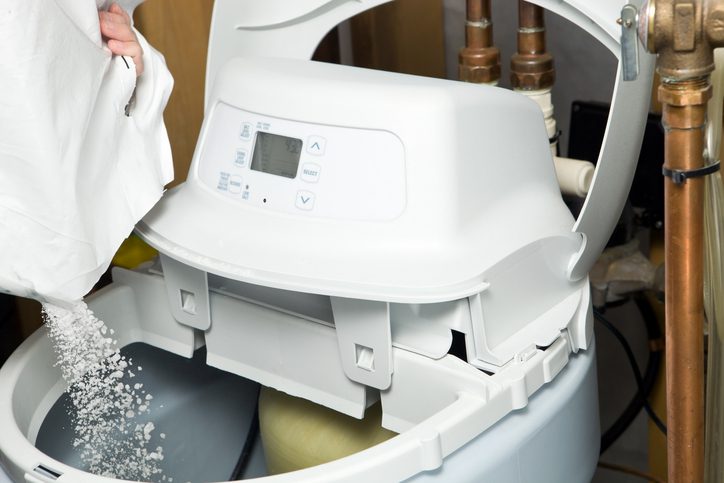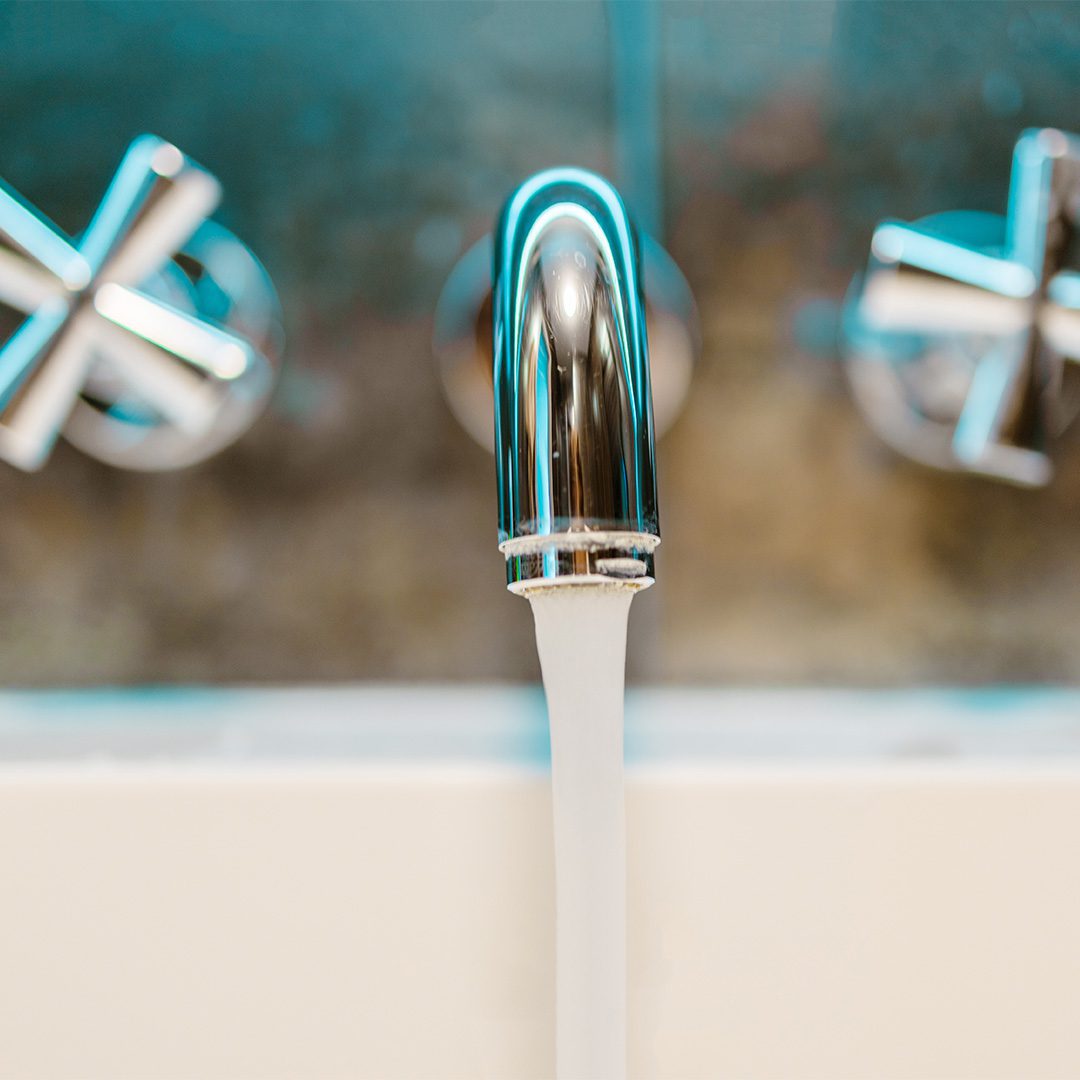Understanding Texas Water Softener Regulations

Water softeners are a household staple for many Southern Texans looking to combat the effects of hard water and improve the quality of their daily activities, such as showering, laundering, and cooking. However, what may come as a surprise to some is that the Lone Star State has regulations in place that oversee the use and installation of water-softening systems. Aqua Clear Water Solutions understands these regulations to a T, so we’re well-equipped to handle any of your questions or concerns. So, come along with us as we give you an in-depth understanding of these regulations, why they matter, and how to ensure your water softener is compliant with state standards.
What are Water Softeners?
For the uninitiated, water softeners are a type of water treatment system that removes mineral ions, such as calcium and magnesium, which cause “hardness” in water. This is typically accomplished through a process called ion exchange, where hard water flows through a tank containing resin beads coated with potassium or sodium ions. The resin beads attract the mineral ions in exchange for the potassium or sodium, effectively softening the water.
Having a water softener has many benefits, including preventing limescale build-up in pipes and appliances, softer hair and skin, increased soap lathering and cleaning action, and even extending the lifespan of water heaters and dishwashers.
Aqua Clear Water Solutions proudly offers Kinetico water softener systems, renowned for their innovative, non-electric technology that delivers both efficiency and effectiveness in water softening. Unlike traditional systems, Kinetico water softeners operate using the kinetic energy of moving water, ensuring a continuous and reliable supply of softened water without the need for electrical power. This unique feature not only makes them environmentally friendly but also cost-effective by reducing energy bills. Furthermore, Kinetico systems are recognized for their longevity and minimal maintenance requirements, making them a preferred choice for households aiming for high-quality water-softening solutions.

Texas Water Quality and the Need for Softeners
Texas, like many places, faces its fair share of water quality challenges, especially in the Rio Grande Valley. High levels of hardness are common in the water supply, which can manifest as stains on plumbing fixtures, the inability to form lather with soap, and a generally displeasing taste. The adverse effects of hard water can also lead to increased energy consumption due to the reduced efficiency of water heating systems, such as those often seen in water heaters and coffee makers.
While hard water primarily affects household appliances and plumbing, it can also have a minimal impact on your health. The minerals found in hard water, such as calcium and magnesium, are essential nutrients, yet an excessive intake of water might lead to minor health issues for some individuals. For example, people with specific skin conditions may find that hard water exacerbates their symptoms due to the reduced efficacy of soap and shampoo, leading to less thorough rinsing and residue on the skin.
However, it’s important to note that the health effects of hard water are generally considered more inconvenient than harmful, and water-softening systems are primarily installed to protect appliances and improve cleaning efficiency rather than address significant health concerns.
Texas Water Softener Regulations
The Texas Commission on Environmental Quality (TCEQ) is responsible for creating and enforcing water softener-related regulations in the state.
The Texas Administrative Code Title 30, Chapter 285, Subchapter D, sets out the rules for water softener installation and operation. These regulations cover numerous aspects, including the minimum and maximum limits for water softening, safeguards to protect against cross-connection contamination, and the requirement for a state-licensed plumber to install the softener if the installation includes any plumbing changes.
It is important to note that a site evaluation by a licensed professional is mandatory before the installation of a water softener. This evaluation will ensure that the size and type of water softener are appropriate for the specific water quality and quantity at the residence. Aqua Clear can take care of this for you!
Additionally, water loss due to a water softener recharge is regulated and should not exceed the amount specified by the TCEQ. In general, Texas regulations aim to balance the benefits of water softening with the need to conserve water.
How to Comply with Texas Water Softener Regulations
Compliance with Texas water softener regulations is not something to be brushed aside lightly. To ensure your home water softener meets the necessary standards, follow these important guidelines:
- Choose a properly sized water softener according to the household’s water usage and hardness level.
- Always conduct a site evaluation with a TCEQ-licensed professional prior to installation.
- Hire a licensed plumber to install your water softener, particularly if any plumbing modifications are needed.
- To keep your water softener operating efficiently and within the TCEQ regulations, regularly maintain it and promptly address any issues. If Aqua Clear installs your water softener, we can also take care of your maintenance.

By following these steps, you not only comply with the law but also ensure that your water softener continues to benefit your home while conserving water and protecting the environment.
Impact of Non-Compliance
Failure to comply with Texas water softener regulations can have severe consequences. The use of unregulated water softeners may lead to cross-connections, which can potentially contaminate the public water supply and lead to unhealthy water quality at the source.
Non-compliance can also result in hefty fines, the need to cease and desist using the softener, and, in extreme cases, legal action and liabilities if an improperly installed or neglected water softener damages public property or contaminates water supplies.
Rely on the Experts in Southern Texas
Water softeners are a vital tool for many in Southern Texas, but employing one without an understanding of the state’s regulations can lead to more harm than good. By taking the time to familiarize yourself with these rules and ensuring compliance, you not only protect your family and property but also contribute to the health and safety of the community. It is imperative for Texas residents to recognize the role water softeners play in their daily lives and take the steps to apply them responsibly within the law.
Are you looking for a team of trusted water professionals and experts to install a Kinetico water softener in your home? Contact Aqua Clear Water Solutions today, and let’s find out which system you need. We have a great lineup of water softeners, specialty water filters, and drinking water solutions, giving you the highest quality of water throughout your entire home or business. So, don’t wait. Give us a call today at 956-322-8215.
